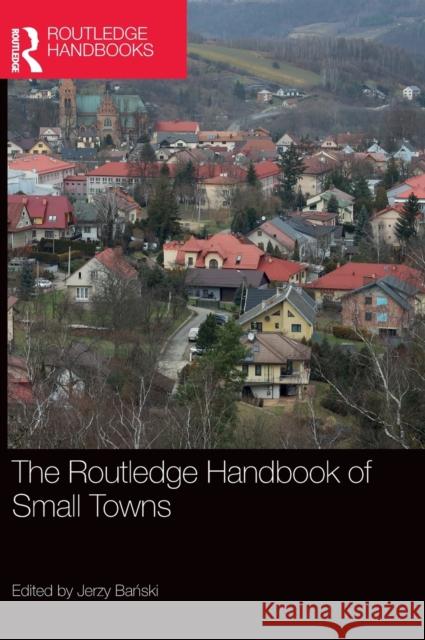The Routledge Handbook of Small Towns » książka
topmenu
The Routledge Handbook of Small Towns
ISBN-13: 9780367555900 / Angielski / Twarda / 2021 / 448 str.
The Routledge Handbook of Small Towns
ISBN-13: 9780367555900 / Angielski / Twarda / 2021 / 448 str.
cena 1126,48
(netto: 1072,84 VAT: 5%)
Najniższa cena z 30 dni: 1032,66
(netto: 1072,84 VAT: 5%)
Najniższa cena z 30 dni: 1032,66
Termin realizacji zamówienia:
ok. 16-18 dni roboczych.
ok. 16-18 dni roboczych.
Darmowa dostawa!
The Routledge Handbook of Small Towns addresses the theoretical, methodical and practical issues related to the development of small towns and neighbouring countryside.











